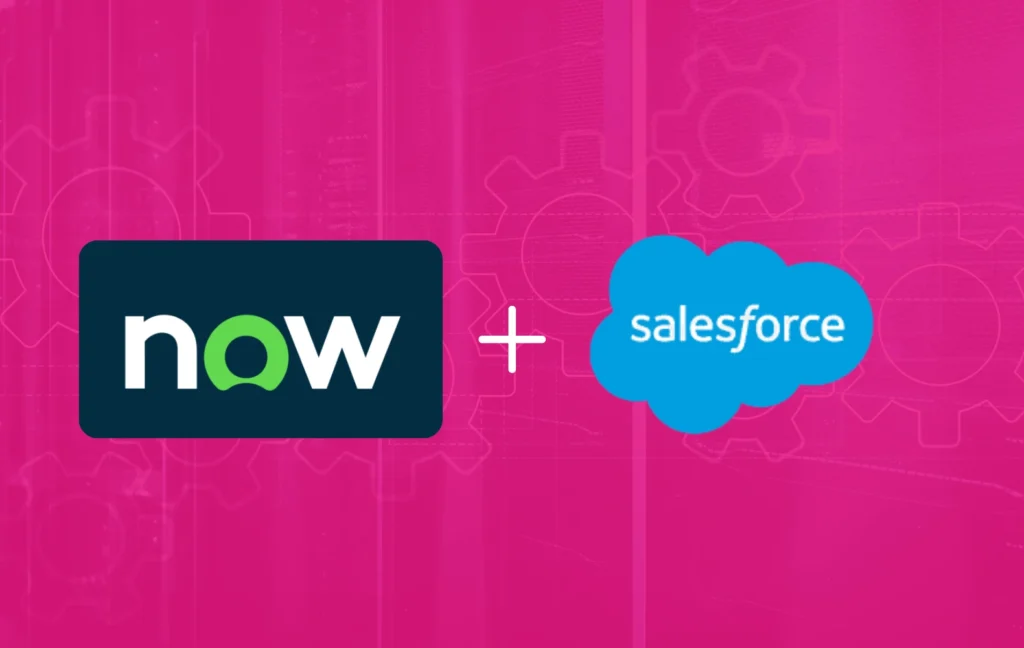



Automate Manual Uploads
The client was using the Excel files to manually update the records in Salesforce. Not only did this consume man-hours of work, but it also resulted in uneven data entries and overly repetitive work processes.
Secure, Compliant Integration Workflow
The integrated application had to be built and rolled out within the internal systems of the client since infrastructure and compliance levels concerning data were higher. The client wanted the third-party platforms not to have access to detailed data, making RFQ with no access to external or third parties at all.

Salesforce has limitations in security, and it did not allow the installation of certificate-based authentication from ServiceNow. This limitation caused the typical process of Salesforce-to-ServiceNow integration not to be applicable, which turned out to be a critical limitation of automation.

Data sovereignty and security requirements posed a challenge to the integration solution, which had to be custom-made and implemented directly on the client’s private infrastructure.

Current solution was very much decentralized, and it was dependent on various groups that required manually loading the Excel documents into Salesforce. This resulted in the high rate of errors, version control problems, and communication delays slowing down the inner operations and decision-making.

Sales as well as the service force were in total isolation, and syncing the RFQ status in real-time was not possible. The departments were not able to work together, and there was no audit record of the movement of the data between the systems.


Java Spring Boot Middleware
The Middleware platform was developed to authorize safe and organized interaction between ServiceNow and Salesforce. It was implemented directly on the internal virtual framework of the client. It was designed to receive and send data payloads both ways under total control over headers, error handling, and encryption.
Automated RFQ Fetching
Custom logic was implemented so that Salesforce initially exchanged an RFQ number with the middleware. ServiceNow was then issued the RFQ number through REST API calls. ServiceNow responded by returning all the related information into the middleware, which in turn verified and formatted the answer to have an automatic sync with the correct Salesforce records.
Secure API-based Integration
RESTful APIs were built to fit and used to make sure information was transmitted in real time and in a secure way across the platforms. These APIs were structured in such a way that they follow the authentication flow, response parsing, and retries in the event of a failure. Error handling rules were set to log data validation for mismatches or timeouts without being forced to lose visibility of the sync process.
Automated Job Scheduler
The middleware enabled automated job scheduling mechanisms, which were set to run after definite time spans to verify pending or failed RFQ updates. These scheduled tasks guaranteed continuity of the system working both in full and in times of overload and facilitated the flow of uninterrupted synchronization.



Our client is an American defense company that has been known to provide tactical equipment, rescue equipment, and operational services to defense and military departments around the world.
Through the elimination of technical and compliance challenges, Melonleaf Consulting was able to provide a secure, scalable, and automated solution that connects Salesforce and ServiceNow together.
In developing the solution, we kept in mind observing all internal infrastructure policies since all the workflows fell within the virtual environment of the client. Making use of Java Spring Boot as a middleware development framework enabled the provision of a powerful and flexible bridge.
Now that this solution is available, the internal teams serving the client are enjoying the simplified RFQ lifecycle, i.e., the full lifecycle of the RFQ, including quote request generation in Salesforce, exchange of data via middleware all the way to data ingestion in ServiceNow with no manual intervention required. It has greatly decreased processing times, reduced errors, and heightened coordination of work across departments.
Get in touch to discover tailored strategies that move your business forward.

Get in touch with our certified consultants and experts to explore innovative solutions and services. We’ve empowered companies across various domains to transform their business capabilities and achieve their strategic goals.